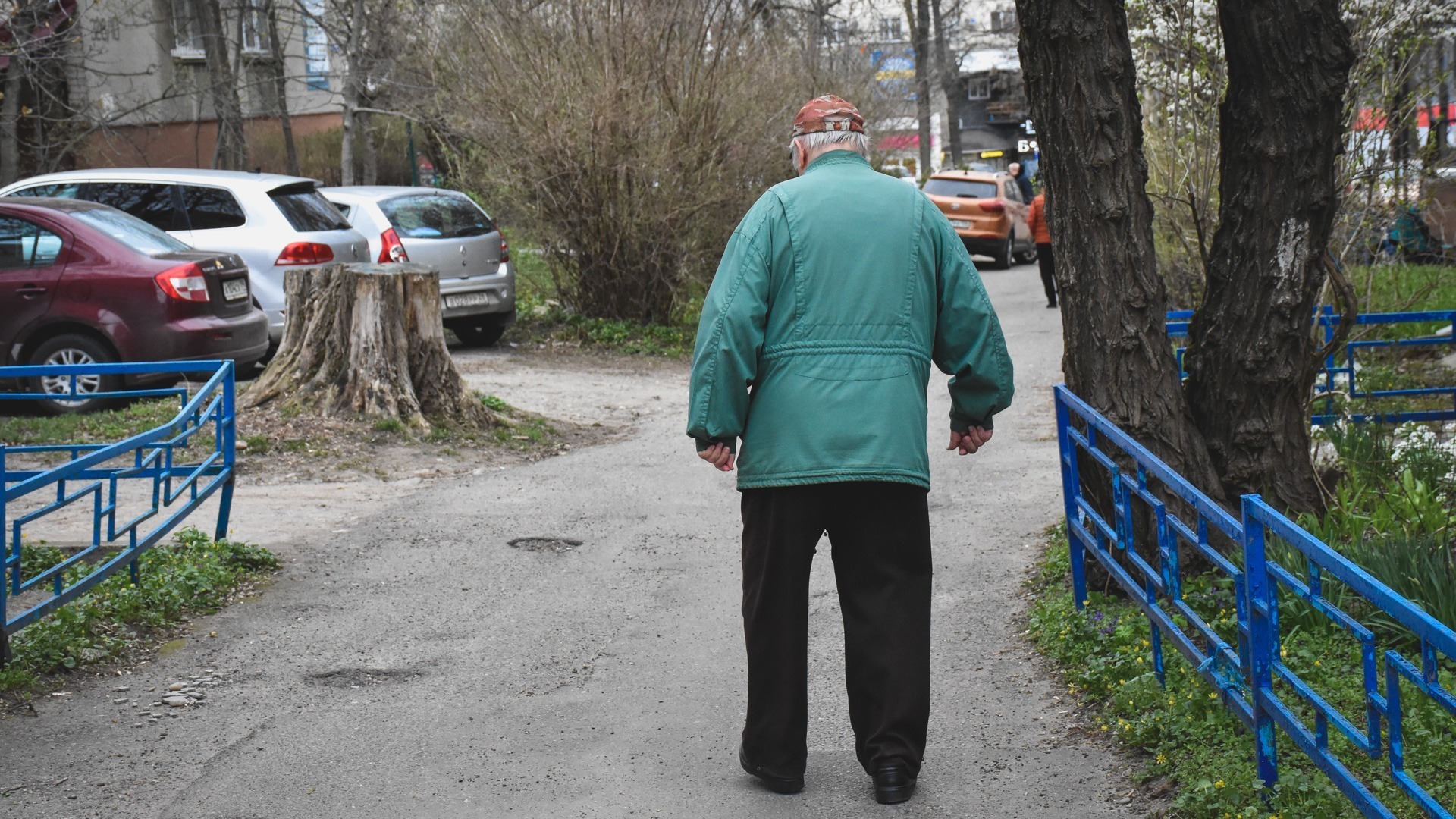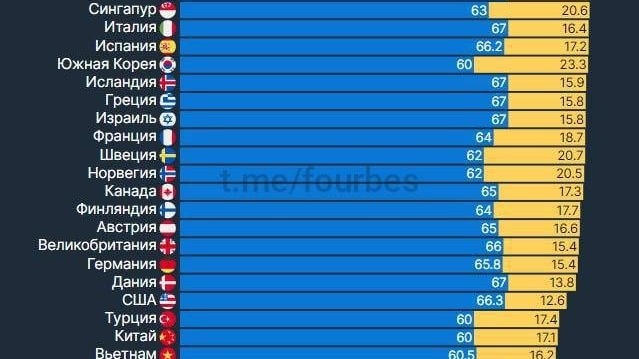Posted 11 июля 2023, 07:04
Published 11 июля 2023, 07:04
Modified 11 июля 2023, 07:46
Updated 11 июля 2023, 07:46

A new increase in the retirement age becomes inevitable
The Russian media and social networks have once again started talking about a possible increase in the retirement age in the country. The problem is that, according to UN forecasts, the share of pensioners in the world will grow to 22% by 2050, and their ratio to workers will be 1:1. Experts say that in In Russia, these figures will become even more frightening: by 2050 there will already be 37,2% of pensioners, whereas in 2020 there were only 18,8% of them. This is because the average age of the Russian population is increasing, and the birth rate is falling.
Meanwhile, according to the UN demographic aging scale, if the number of elderly citizens in a country exceeds 7%, such a society is already considered old. There will be no one to work in the literal sense of the word in such a situation: Rosstat data show that in 2021 the average annual number of Russian labor resources barely exceeded 89 million people, while the population of Russia was about 147 million people in the same year. That is, a little more than half of the able-bodied citizens of the country feed everyone else, whereas the pension system is considered effective when only one unemployed person accounts for three employees.
At the same time, the last pension reform turned into the fact that men live less than 4.6 years after retirement! At the same time, almost half of men will not live to the new 65-year retirement age at all. The situation is worse only in South Africa — 4.1 years.
Here's what this indicative rating looks like:
Japan — 20.5 years old
South Korea — 23.3
Australia — 17.4
Italy — 16.4
Spain — 17.2
Israel — 15.8
France — 18.7
China — 17.1
Germany — 15.4
United Kingdom — 15.4
USA — 12.6
Vietnam — 16.2
Mexico — 10.4
India — 9.7


And if we add to this the poverty—stricken pensions of the majority of Russians, then the situation will become quite unpleasant: it is dangerous to raise the retirement age, and it is also dangerous not to raise it.
Political scientist Ilya Grashchenkov, for example, believes that the next pension reform will no longer cause such social rejection as the previous one, since the latter was carried out during the years of relative calm, and therefore seemed unfair to many. Now, in his opinion, it will be different:
«As sociological studies show, the greatest concern in society is caused by various state interventions in their personal lives. Anxiety can develop into a decrease in loyalty to the authorities. I don't think it will cause mass rallies and protests, but at the same time the level of approval of the authorities may decrease. At the same time, it should be noted that the Russian government rarely makes any decisions that reduce its authority. Moreover, society is offered an explanation of the decisions taken, to which many citizens reflect in the spirit of „Where to go?“, even if they initially treated it negatively. Another increase in the retirement age may become a reality if the current demographic hole continues to expand. However, if the demographic situation somehow acquires a positive connotation, we can even allow a reduction in the retirement age. If the future president goes to the polls with the theme of lowering the retirement age, it will give him a very good increase in votes.»